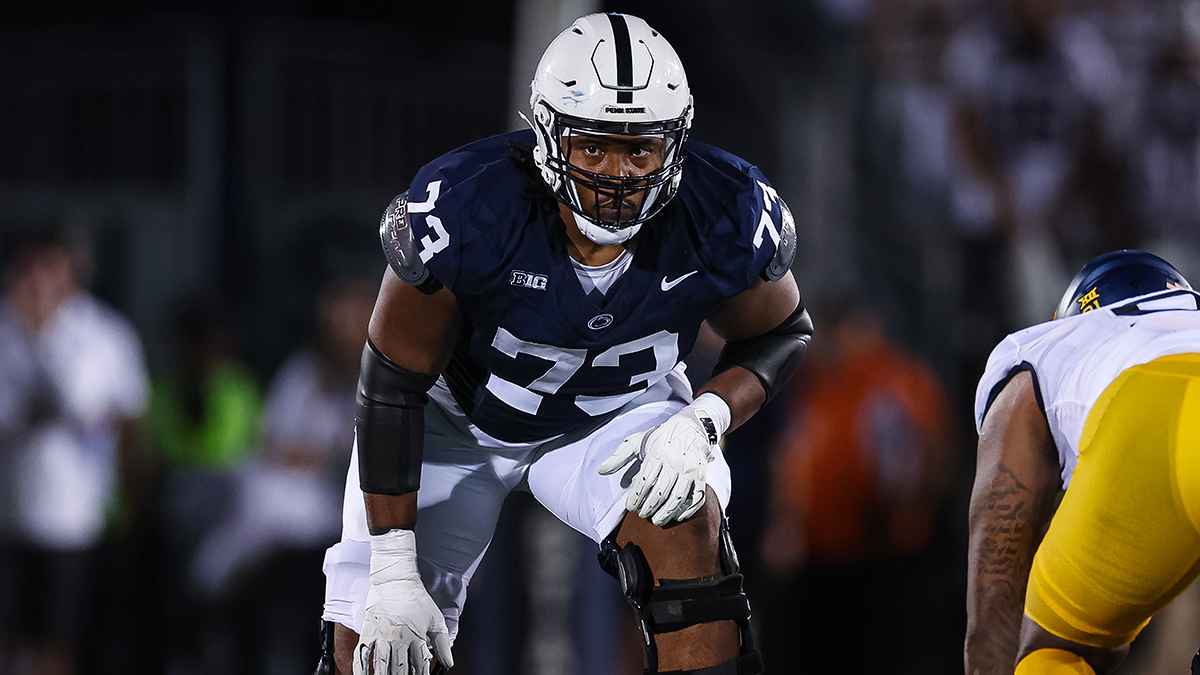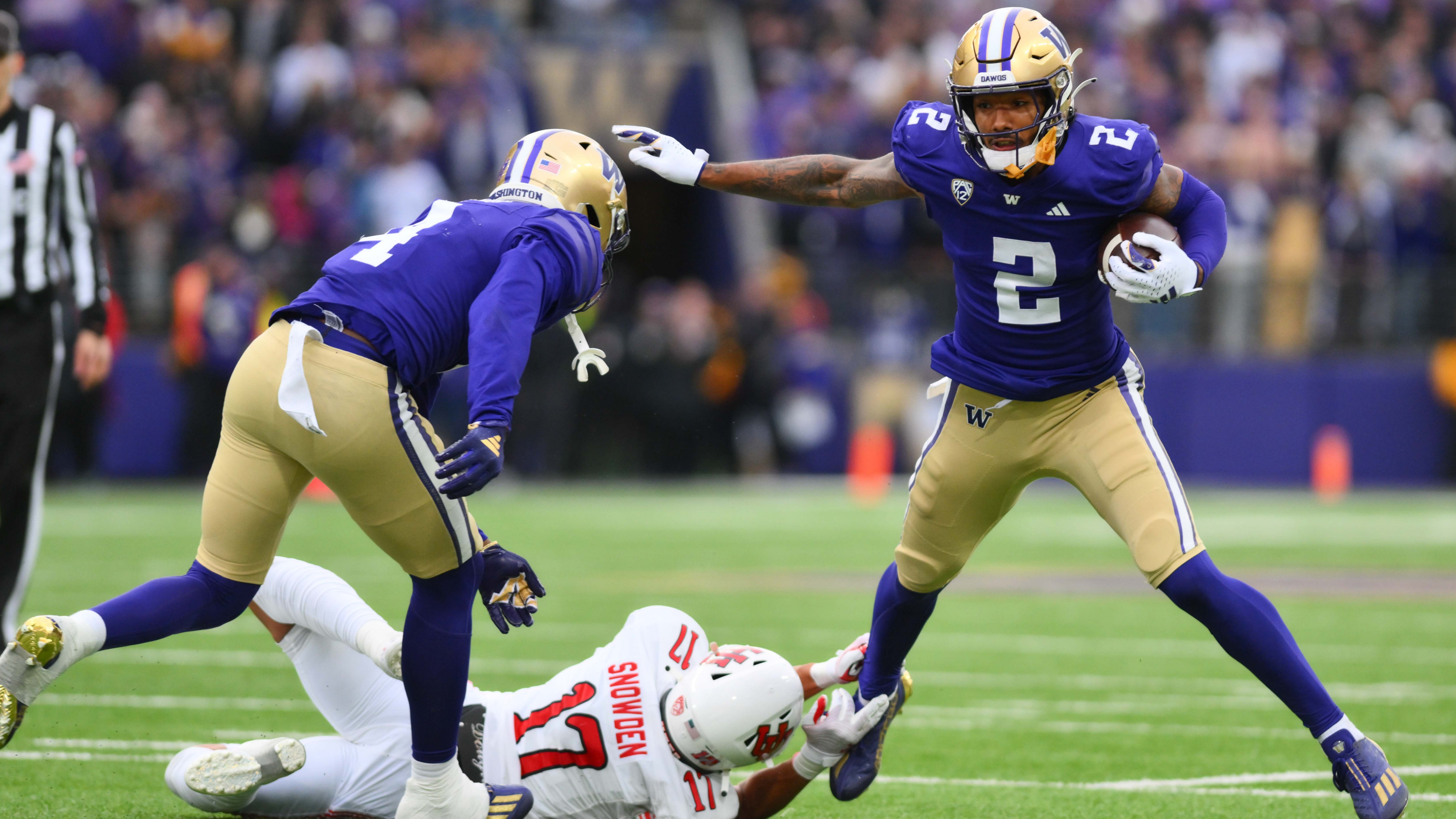Digital signs that can be found throughout the Boston area are collecting data from the phones of unaware people who go near them.
Soofa, a tech and advertisement company based in Cambridge, Massachusetts, makes the digital kiosks, which have popped up in cities and towns in 18 states.
The 7-foot devices, which resemble giant Amazon Kindles, are present in Boston, Revere, Somerville, Chelsea and other Massachusetts communities.
About six years ago, the town of Brookline approved the signs' installation.
Get Boston local news, weather forecasts, lifestyle and entertainment stories to your inbox. Sign up for NBC Boston’s newsletters.
"It provides town information with calendars," said Brookline Town Administrator Chas Carey. "There are little question and answer things that people can engage with."
Recently, word got out that these seemingly-harmless devices do more than provide pedestrians with information. Without a person's knowledge, the kiosks are reading information off smartphones.
"We use that information to make sure that the messages are being effective, are effectively reaching the community," said Carey.
Local
In-depth news coverage of the Greater Boston Area.
Soofa's kiosks are solar-powered with "state-state-of-the-art sensors" that have "the ability to measure and analyze" cellphone data of potential customers, tracking people's engagement within feet of the device.
"Even at the most basic level, your cellphone data actually gives out a lot of information," said Big Fish PR CEO David Gerzof Richard.
Gerzof said the technology is great for marketing companies, but it could come with some risks.
"Once this data is created, it's stored someplace," Gerzof said. "How are they protecting it, and are they selling it?"
The American Civil Liberties Union launched a campaign to push lawmakers in Massachusetts to pass the Location Shield Act, noting that data brokers can potentially sell digital information to anyone willing to buy it because there's no law to prevent them from doing so.
Soofa said in a statement it recognizes the sensitivity surrounding data collection.
"Soofa does not collect any identifying data from a person or device," the company said. "No other information beyond the MAC address is being collected, no data correlation is performed and the information is not shared with any 3rd party."
Local governments get a percentage of the advertisement sales from Soofa, but Brookline Select Board Vice-Chair John VanScoyoc, a former producer for NBC10 Boston and NECN, said the amount is "trivial" and not worth having in town.
"They are frankly an intrusion on the public space for the purposes of a company that wants to make a profit. And I'm just against that as a general principle," he said.
Carey said the contract with Soofa is up for renewal in 2025, with the town re-evaluating its usefulness then. He said the town plans to use the kiosks for public service announcements and data tracking during next month's Boston Marathon.



